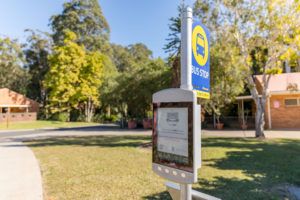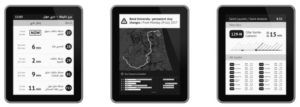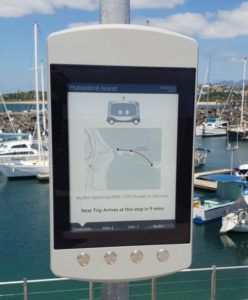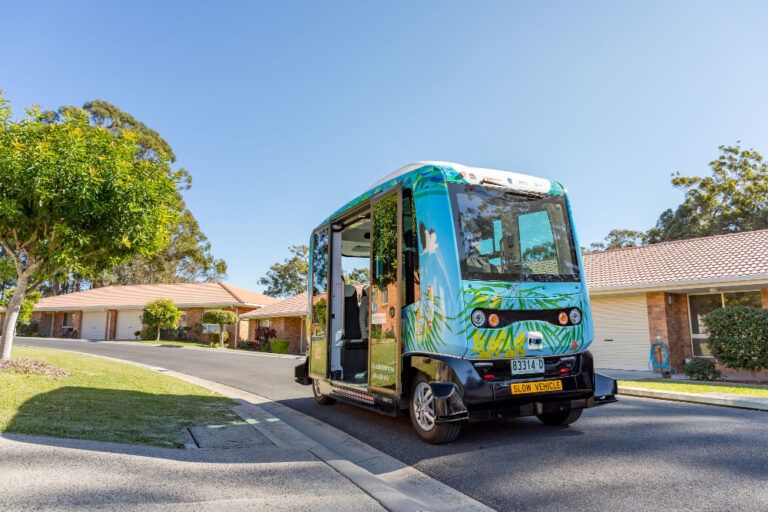Australia’s first regional automated vehicle initiative that incorporates a UK-based public transport technology company’s solar powered e-paper displays, was recently announced as the winner of an ITS Australia award.
The Coffs Harbour Automated Vehicle Trial has won the ITS Australia 2019 National Award in the Automated Vehicle category. Known as BusBot, the project has been using Papercast’s solar-powered e-paper displays to provide accurate travel information to service users at their bus stops. The automated passenger vehicle trial is a New South Wales Government initiative, led in partnership between Transport for NSW (TfNSW), local bus operator Busways, Coffs Harbour City Council, French self-driving vehicle manufacturer EasyMile, and using Via’s on-demand app. BusBot is the first Australian study of driverless buses in regional communities, carrying more than 7,500 passengers aged from 1-103 during the first two phases of the trial. The aim is to develop a sustainable business model and blueprint that can be scaled to multiple operations around the country to accelerate the safe introduction of AVs onto Australian roads. 
The Papercast solar-powered e-paper bus stop displays enable direct real-time communication to customers at each bus stop. The e-paper screens show live arrival times as well as information about the route, the driverless vehicles and the pilot. The controller can also push service notifications to a route or area in real-time and an interactive survey enables passengers to provide feedback using the push buttons on the display. The displays also come with a text to speech function, so with a push of a button it will announce the next service to arrive at the stop. The technology was tested in more complex environments as the project progressed, and the systems’ technical capabilities were proven through three-phases of increasing difficulty, passing all safety tests and providing evidence to show AVs do have potential for regional Australian transport. 
Papercast’s next-generation bus stop passenger information system uses wireless solar-powered electronic-paper displays, with a comprehensive content management system developed exclusively for public transport needs. The platform enables transport providers to effortlessly keep passengers informed on real-time and advance service information at bus stops in a clear and user-friendly format. Papercast makes a standalone 13.3-inch (34cm) display that is available in single, double or triple configurations. In addition to its 13.3, 23, 32, 42 and 57-inch (34, 58, 81,107, and 145cm) open-frame displays, the company has now released a compact 9.7-inch (25cm) unit.
Ideal for cost-optimized projects, it enables customers to get essential live passenger information to more bus stops, where high-end features are not a priority. It also satisfies customers requiring smaller displays for installation in smart bus shelters, totems or kiosks, or for low-frequency bus stops. This new model is the result of extensive development, with the challenge of reengineering Papercast’s advanced e-paper driver (EPD) board into a more compact format. It is also exceptionally light, weighing only 2.2lbs (1kg). The display and its components are fully protected in a ruggedized IP65 plastic moulded enclosure with an aluminium backplate and integrated mounting plate.
Commenting on the award win, Papercast’s CEO, Robert Bicket, said, “We are thrilled to be part of this cutting-edge project, and that the hard work of the collaborating partners has been recognised in this way.” 





